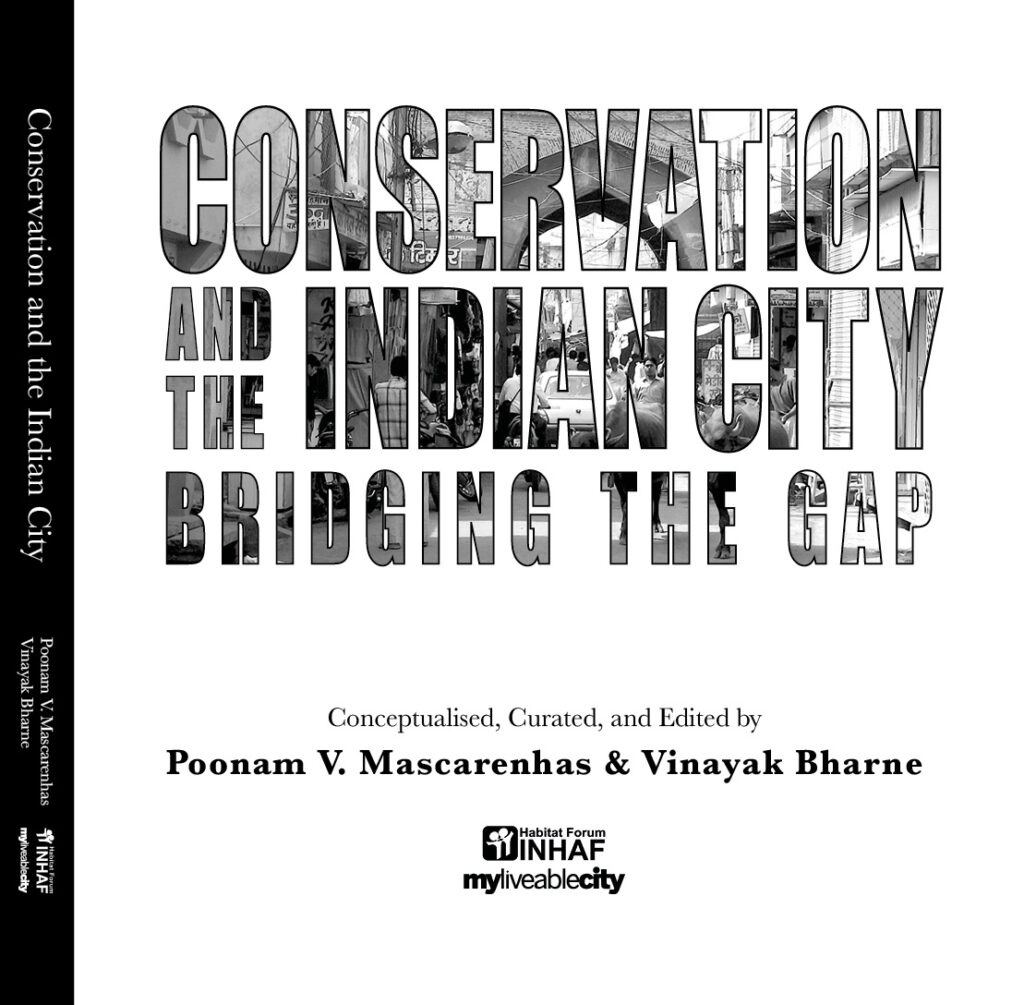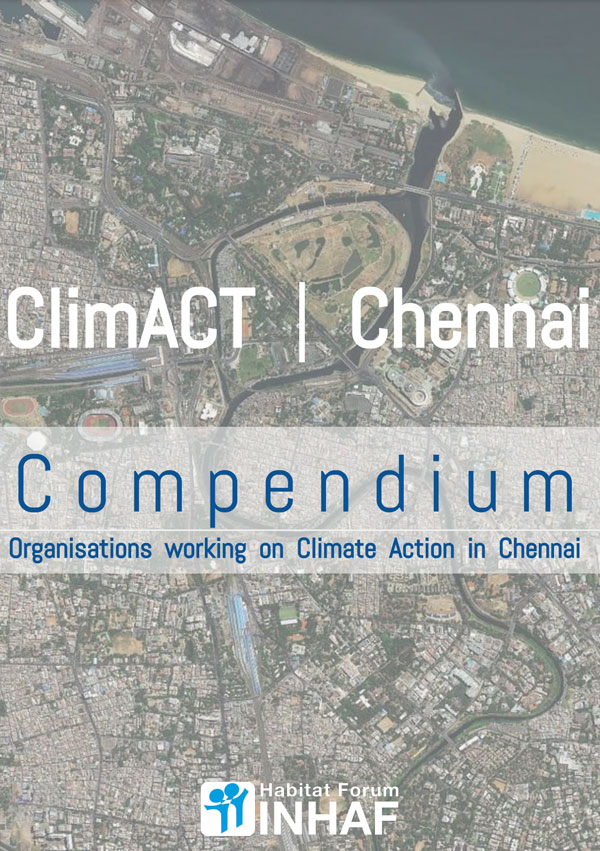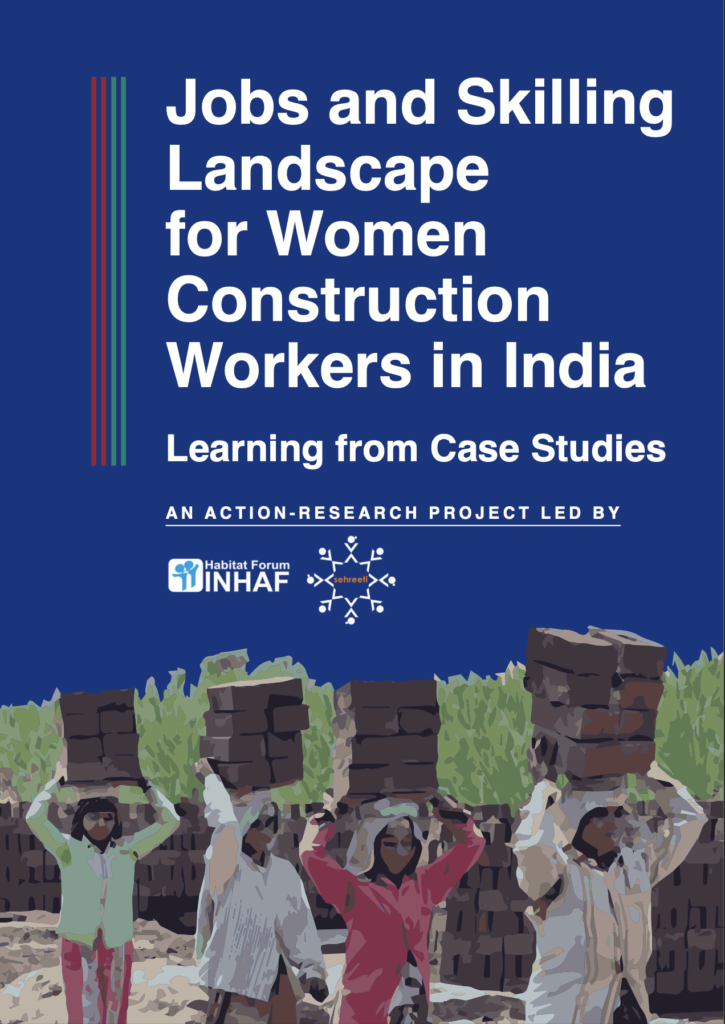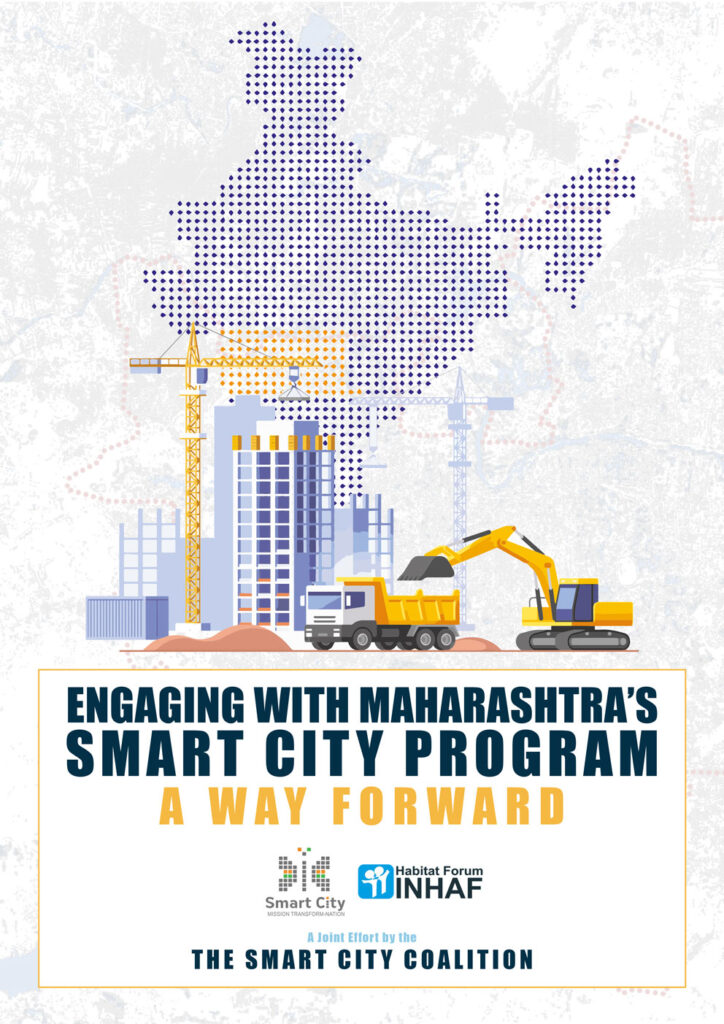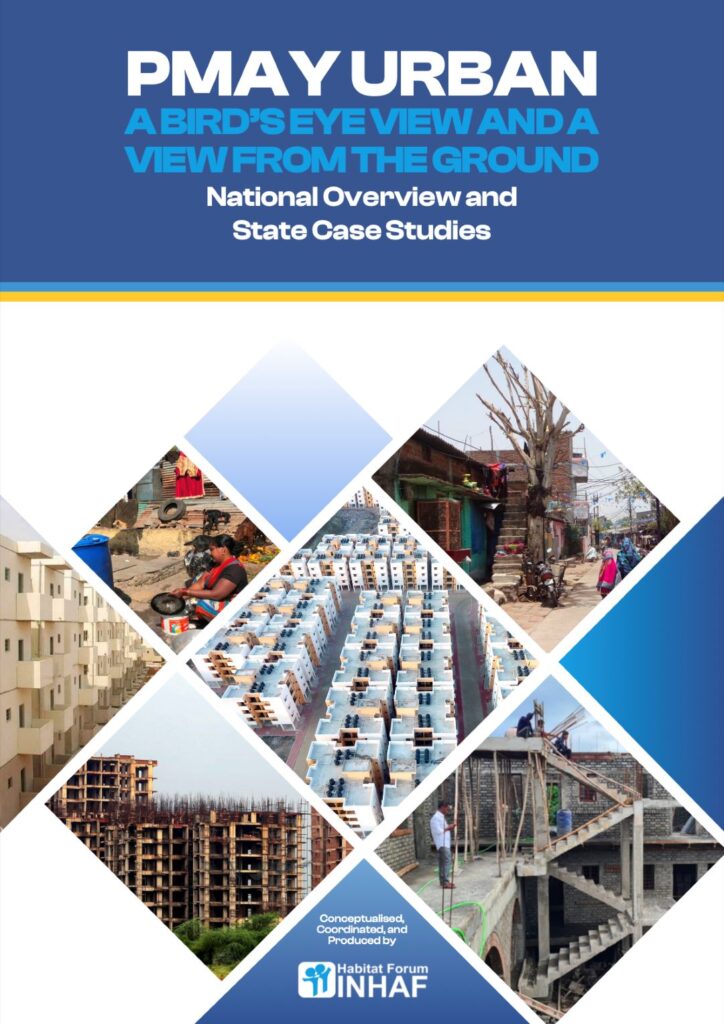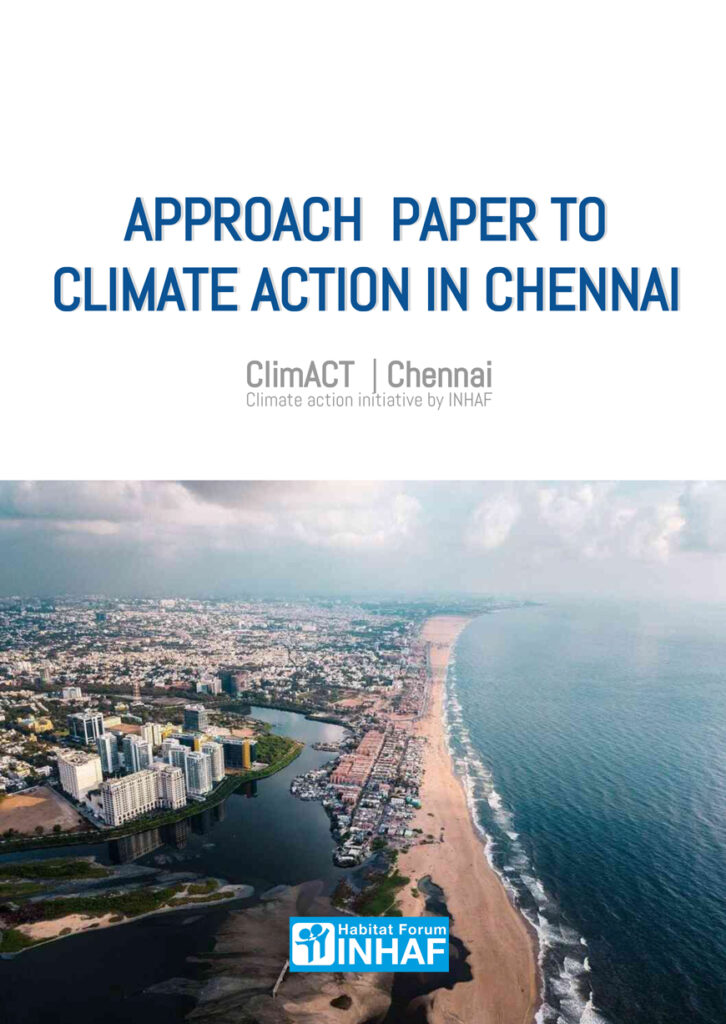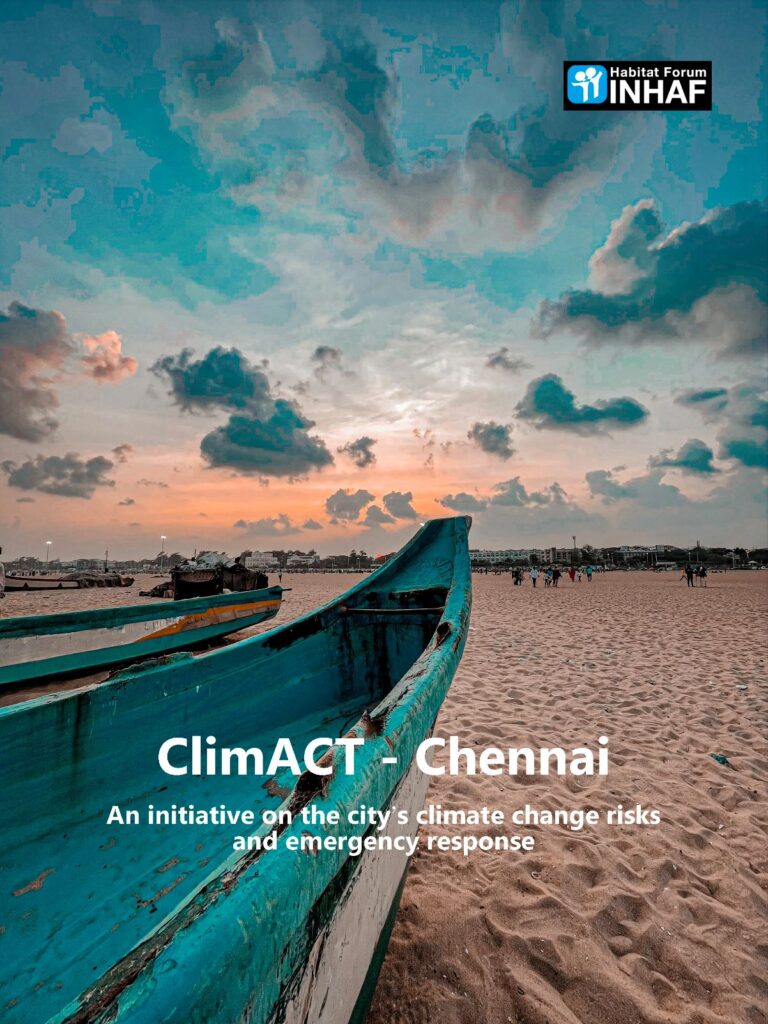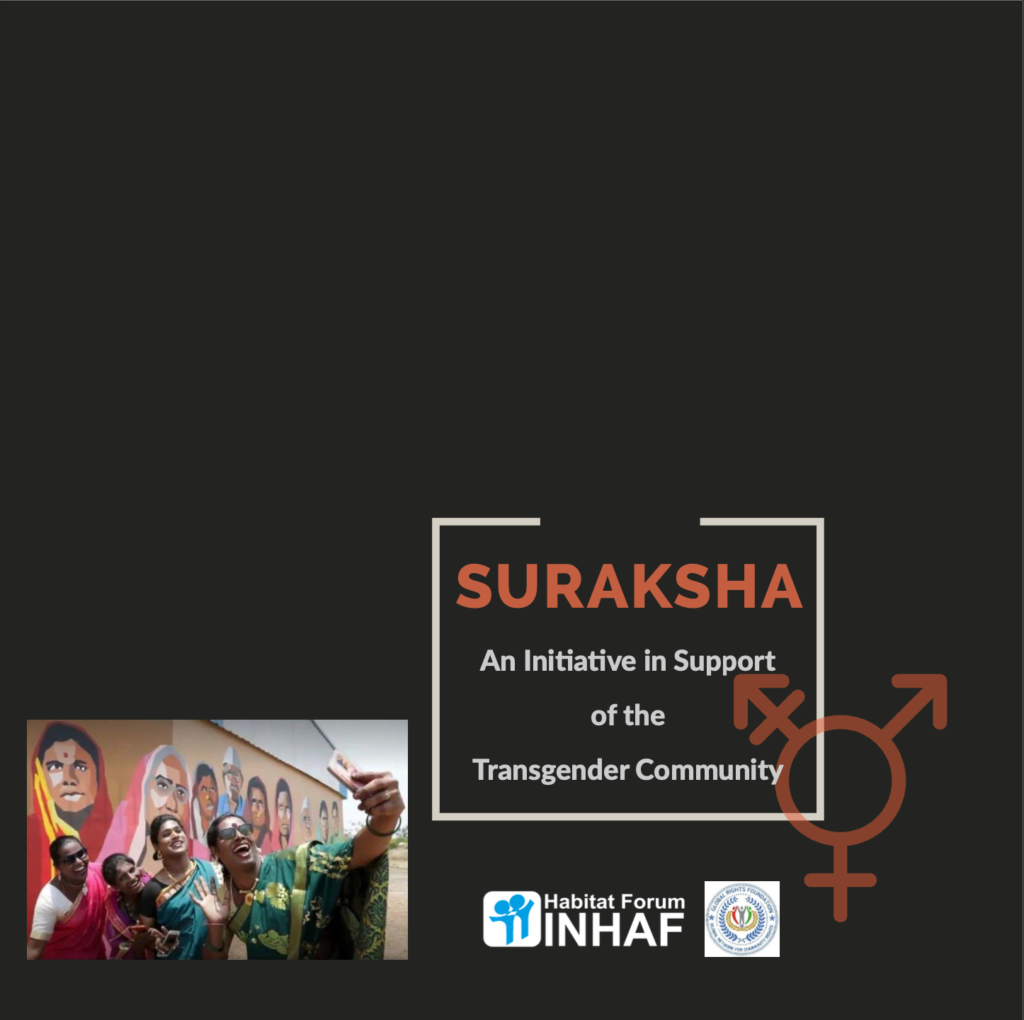PUBLICATIONS
Conservation and the Indian City: Bridging the Gap
This volume assesses the contemporary condition of heritage and conservation in India from three perspectives – that of the monument and building; that of the city and its ecological context; and that of the broader policy and regulatory frameworks that enable conservation. To what degree does twentieth-century Modern architectural heritage in India actually impact daily urban life? Why are there unforeseen consequences of World Heritage Site designations on Indian towns and cities? Is there real potential for participatory conservation planning in the world’s largest democracy? Gathering an expansive group of multifaceted individuals – architects, conservationists, planners, urban designers, engineers, activists, educators, and practitioners – this book examines the successes and shortcomings of conservation practice in India today, and offers tactics and strategies to bridge extant social, political, and cultural gaps. This volume will be of interest to anyone seeking to understand the complex relationships between the contemporary city, conservation, and ecological-, cultural-, and built-heritage, whether in India or beyond.
Conceptualised, Curated, and Edited by Poonam Verma Mascarenhas and Vinayak Bharne
Foreword by Gustavo F. Araoz Essays
Authored by 26 Experts
Published by INHAF in collaboration with MyLiveableCity
Price: Introductory Pre-Order Offer at INR 1300
Soft Bound Edition
Book Size: 7.25 x 7.25 inches
Book Weight: 796 gms
REPORTS
ClimACT Compendium
ClimACT-Chennai is a climate action initiative that intends to bring convergence in views and actions that can take a proactive approach to the looming threat of Climate change faced by the city of Chennai. ClimACT seeks to lay out a strategic direction for actions relating to climate change in the city with the primary goal of improving its resilience, equity & liveability. The objective is to learn and get a lay of the land in terms of action in Chennai against the climate crisis.
We believe that one way of gaining a better understanding of the city was to create a Compendium of relevant projects and initiatives in Chennai to get an overview of various actors tackling these challenges. Under the compendium exercise, we have identified organisations and their projects which contribute significantly to the fight against Climate Change in Chennai. The availability of information and access to relevant stakeholders has been the guiding principle in the selection of these organisations.
The document is a culmination of desk research and one-on-one personal interviews wherever feasible. The underlying idea was to understand the kind of services provided and the type of work being implemented towards Climate action in the city. This is the first phase of the document and we envision a scaled-up version with the work of more organisations in the future.
Jobs and Skilling Landscape for Women Construction Workers in India: Learning from Case Studies
On construction sites, few women are seen engaged in skilled work like masonry, carpentry, plumbing, etc. The construction industry in itself has displayed tremendous change in terms of technology and scale over the years. And yet, the position of women in the industry has remained unchanged and tied to unskilled, manual labour intensive, low-paying, and low-dignity jobs.
INHAF and Sehreeti Developmental Practices Foundation came together with the objective to understand and address this issue. Our interactions with various stakeholders in the construction industry including builders, developers, training institution leaders, trade union representatives, and civil society revealed that while there is acknowledgment of the deplorable conditions of women construction workers there has limited action taken in this regard. Only a small group of civil society organisations have spearheaded initiatives that skill women construction workers.
The need of the hour is an ecosystem approach that brings in the participation of major stakeholders in the construction industry and skilling ecosystem to ensure that women construction workers are not just skilled but are also able to access skilled jobs. This study presents the preliminary recommendations we have arrived at to transform this situation along with insights from our discussions with various stakeholders.
We intend for it to be a call for collaboration with organisations working in the space of skilling, habitat development, and gender equity to integrate efforts towards mainstreaming skilled women construction workers.
Engaging with Maharashtra's Smart City Program - A Way Forward
The Smart city Coalition, formed under the initiative by INHAF attempted to study the working of the Smart Cities program in Maharashtra. The idea was to understand how did the important national program unfolded on the ground, was implemented by the city, received by the people, how its various components worked, and what it meant for the policy makers, professionals and others engaged in search of appropriate responses to the daunting urban challenge. Launched in 2015, the Smart City Mission (SCM) was one of many flagship national programmes of India, seen as offering solutions to the country’s massive and complex urban challenge. Its focus was to harness information communication technology (ICT) to improve city efficiency, productivity, security, liveability, sustainability and governance.
This project is an example of a tremendous collaborative initiative between various local partners from across the 8 cities who in turn interacted with elected representatives, bureaucrats, professionals and the city residents, who shared their views on various aspects of the Smart City Mission in their respective cities. The entire methodology of this project rested on the feedback received from the local partners on ground, which was then reconciled with other secondary data sources and combined in a structured comparative report. This report hopes to impact policy makers not only in Maharashtra but across the country and at the Centre to identify the lacunae in implementation of centrally devised schemes in a heterogeneous urban landscape. It also hopes to show a way forward to developments required at the level of the urban local bodies to be able to successfully implement ambitious central missions structured as self-sustaining financial entities, entirely different from the grant-dependent nature of Municipal finance at present. The Smart City program, for its size, potential and relevance in the context of policy making, program design, investment strategy and institutional development task does not seem to have been examined as much and as vigorously. In that scenario this work, due to its special nature and context, assumes significance.
PMAY-Urban: A Bird's Eye View and View from the Ground
The Pradhan Mantri Awas Yojana (PMAY) scheme was introduced under the larger Housing for All (HFA) Mission of the Government of India (GoI) in June 2015. It aimed at catering the ever-increasing demands of housing in urban and rural areas. The PMAY was a well-intended programme aligned with the national development priorities and global goals for providing ‘Housing for All.’ Unlike earlier Schemes of housing development, the Mission followed a multi-pronged approach and provided a set of options to cities and beneficiaries to choose from based on their eligibility and convenience.
In the context of widespread concern about the housing challenges in Indian cities, particularly for economically weaker sections and low-income communities, it was pertinent to assess the progress of the PMAY- U initiative in different states and cities. This study aimed at gaining an understanding of PMAY-U as it has unfolded, on the ground. What are the plans and strategies adopted by the states/cities under four verticals? What is working and not working? What are the hurdles? What policy supports are working? Are there some good practices? Whether the program is able to address the various issues of failure (policy, market, regulatory/legal and institutional) linked to urban housing? What is required for a better outcome?
The state governments and Urban Local Bodies adopted various measures at local levels to implement the national scheme of this magnitude, giving rise to contextually appropriate solutions, which have been documented in this report. The idea is to provide evidence-based feedback to planners, authorities in-charge of implementation and other stakeholders of cities such as state governments and the national government, for necessary course-correction or replication of success stories. The findings of this report can serve as a reference for informing future policy and implementation dialogues for making ‘housing for all’ a more socially inclusive and equitable phenomenon.
Approach Paper to Climate Action in Chennai
INHAF initiated ClimACT, with the the intent of bringing convergence in views and actions that can take a proactive approach to the looming threat of climate change faced by Chennai. The project seeks to lay out strategic directions for actions relating to climate change in the city, with the primary goal of improving the city’s resilience, equity and liveability. The core purpose of the initiative is to understand and learn about the city’s preparedness to meet the climate challenge, sharing it and making contributions in selected areas of our work.
As part of this initiative, we have developed an Approach Paper to Climate Action in Chennai. In this Approach Paper, we propose to deal with both mitigation and adaptation and have identified seven crucial sectors with high proportion of emissions or posing major ecological, economic and societal climate impacts. We also especially look at impacts on, and benefits to lower-income and disadvantaged sections in our discussions and proposals.
The Approach Paper considers the Chennai Climate Action Plan 2023 (as developed by the Greater Chennai Corporation) as a starting point for data and deliberations, but also discusses some additional issues and proposed measures for both mitigation and adaptation. In that spirit, the discussions and proposals in the different sections of this Approach Paper may differ from the City’s Climate Action Plan but are intended to strengthen the same.
The current version of the Approach Paper may be considered a first draft or Version 1.0. It is proposed to bring out subsequently updated versions of this Approach Paper and sectoral Policy Briefs based on multi-stakeholder consultative processes which the ClimACT-Chennai project proposes to organise.
BROCHURES
ClimACT Brochure
INHAF’s ClimACT Project, is a climate action initiative with the intent of bringing convergence in views and actions that can take a proactive approach to the looming threat of climate change that Chennai faces. Through participation and collaboration from authorities, climate experts, civil society and the general public, ClimACT seeks to lay out strategic directions for actions relating to climate change in Chennai, with the primary goal of improving the city’s resilience, equity and liveability.
SURAKSHA - An Initiative in Support of the Transgender Community
The initiative is the first of its kind and will be instrumental in determining the Shelter, Food, Health, Occupation, and Safety needs of the community. It will offer early lessons and reasoned suggestions for creating and routing facilities, support and entitlements for the purpose. We are keen that CBOs, the organizations headed by the transgender community and interested individuals actively involve themselves in this initiative and become instrumental in improving their living and working in dignity and safety with their own tools, mediums and efforts

